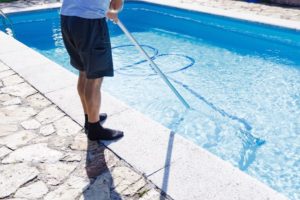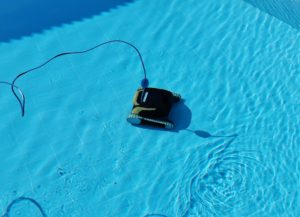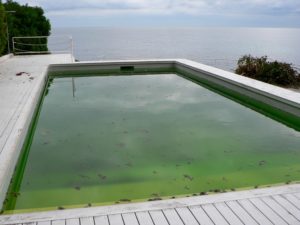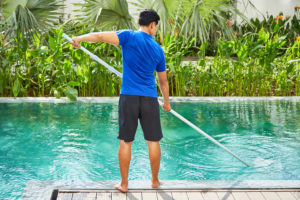When homeowners think of pool service, they often focus on the aspect of vacuuming debris from the pool. Often they ask themselves “how long is my pool guy spending vacuuming the pool”. While that aspect of the service is the most notable, there is another factor that often goes unnoticed: filtration systems. These unsung heroes work tirelessly to maintain water clarity and purity, ensuring a safe and enjoyable swimming experience for all. In this blog post, we’ll delve into the importance of your pool service company focusing on filtration in swimming pools and why it’s essential for maintaining optimal water quality.
Filtration is the process of removing impurities and contaminants from water, thereby improving its quality. In swimming pools, filtration systems typically consist of three main components: the pump, filter, and skimmer. The pump circulates water through the filtration system, while the filter traps debris and particles, and the skimmer removes surface debris such as leaves and insects.
Importance of Filtration:
- Water Clarity: Filtration plays a crucial role in maintaining water clarity by removing visible debris such as leaves, twigs, and insects. Without proper filtration, these contaminants can accumulate in the pool, clouding the water and detracting from the overall swimming experience.
- Preventing Algae Growth: Algae thrive in warm, stagnant water rich in nutrients and sunlight. Filtration helps to prevent algae growth by removing organic matter such as leaves and pollen, which serve as food sources for algae. By keeping the water clean and well-circulated, filtration inhibits algae proliferation and helps to maintain a pristine swimming environment. Your pool service company should be altering the time your pump runs based on the season. As the weather heats up, you should be running your pump longer to increase filtration time and to keep the water moving.
- Bacteria and Pathogen Removal: Swimming pools can serve as breeding grounds for bacteria and pathogens, posing health risks to swimmers. Filtration removes bacteria, viruses, and other microorganisms from the water, reducing the likelihood of waterborne illnesses and infections. Combined with proper sanitation methods such as chlorination or other disinfection techniques, filtration helps to ensure that the water remains safe and hygienic for swimmers of all ages.
- Chemical Efficiency: Filtration also enhances the efficiency of chemical treatments by removing impurities that can interfere with the effectiveness of sanitizers and pH adjusters. When water is properly filtered, chemicals are distributed more evenly throughout the pool, optimizing their efficacy and reducing the need for excessive dosing. This not only saves money on chemical costs but also promotes balanced water chemistry, resulting in a more comfortable and enjoyable swimming experience.
- Extended Equipment Lifespan: In addition to benefiting water quality and swimmer safety, filtration also extends the lifespan of pool equipment. By removing debris and preventing clogs, filtration reduces strain on the pump and other components, thereby minimizing wear and tear and prolonging their operational lifespan. Regular maintenance of the filtration system, including cleaning filter media as needed, further enhances equipment longevity and ensures reliable performance. In addition to cleaning the filter media, your pool service provider should also be recommending to you when the filter cartridge be replaced. Most cartridge filters should be replaced every 12 – 18 months.








